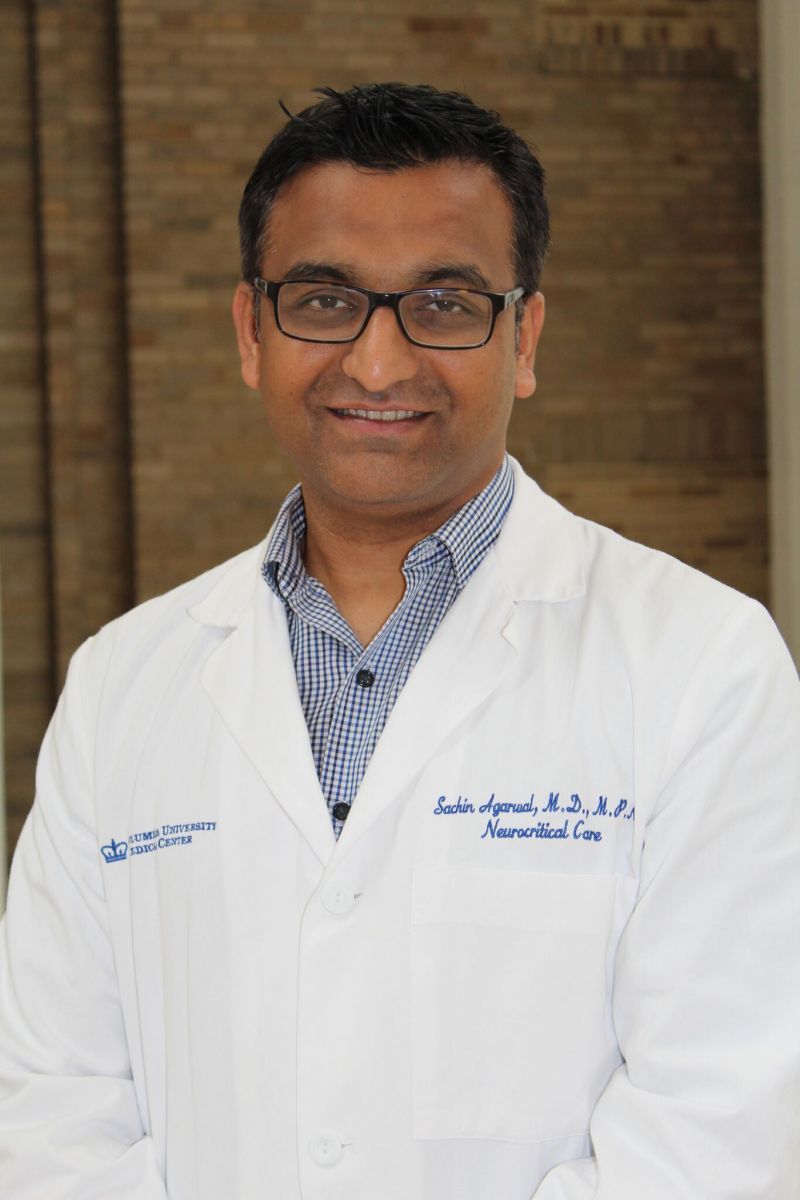Article
Cardiac Arrest Induced PTSD Linked to Increased Complication and Death
Author(s):
PTSD was associated with a 3-fold increased risk of all-cause mortality or a major heart event in 12 months following cardiac arrest.

Sachin Agarwal, MD, MPH
After surviving cardiac arrest, it is not uncommon for individuals to develop post-traumatic stress disorder symptoms. Despite the common occurrence, the association of cardiac arrest induced post-traumatic stress disorder (CA-induced PTSD) with secondary mortality and cardiovascular risk has been unknown.
Data from a preliminary research study that will be presented on Sunday at the American Heart Association’s Resuscitation Science Symposium 2018 in Chicago, Illinois, has led investigators to determine that it is possible that CA-induced PTSD symptoms may increase the risk of major cardiovascular events and death up to 12 months following a cardiac arrest event. Data from this particular study found that CA-induced PTSD was associated with a 3-fold increased risk of all-cause mortality or a major heart event.
In the study, a team of investigators from Columbia University Medical Center conducted a prospective, observational, cohort study of adults who had been resuscitated after in-hospital or out-of-hospital cardiac arrest between September 2015 and September 2017.
The combined primary endpoint was all-cause mortality or the occurrence of a major adverse cardiovascular event, including hospitalization for nonfatal myocardial infarction, congestive heart failure, angina, urgent coronary revascularization procedures or urgent implantable defibrillators or pacemaker placement within the first 12 months following discharge.
In-person assessments for CA-induced PTSD were performed within 24 hours of hospital discharge. A consecutive sample of survivors with sufficient mental status to report CA-induced PTSD symptoms at discharge were also included.
The investigators used the PTSD Checklist-Specific scale to determine PTSD symptomatology, using a suggested cutoff of 36 for specialized medical setting. It is further noted that “outcomes for patients meeting (vs not meeting) this cutoff were compared using Cox regression with adjustments for demographic and clinical covariates.”
In total, 114 patients were included in the study. Of these patients, 36 (31.6%) screened positive for CA-induced PTSD at time of discharge (median 21 days post CA; interquartile range 11-36).
The patients were followed for an additional 10.2 to 14.5 months (median= 12.4 months) and during that time 10 (8.8%) of the patients with CA-induced PTSD died.
Additionally, 29 patients (25.4%) experienced a recurrent major adverse cardiovascular event. These events included: hospitalization linked to myocardial infarction (n=4, 13.8%); unstable angina (n=8, 27.6%), congestive heart failure exacerbations (n=4, 13.8%); emergency revascularizations (n=5, 17.2%); urgent implantable defibrillators/pacemaker placements (n=8, 27.6%).
The authors write that CA-induced PTSD was associated with all-cause mortality and major adverse cardiovascular events “in univariate (Hazard Ratio [HR] =3.19; 95% confidence interval [CI], 1.7-6.0) and in models adjusted for age, sex, charlson comorbidity index and nonshockable initial rhythms (HR=3.2; CI, 1.7-6.1).”
The study reveals that individuals who experienced CA-induced PTSD had significantly higher risk of death and cardiovascular events. In order to learn more about this relationship, the authors recommend conducting future studies into the underlying mechanisms.
The presentation “Cardiac Arrest-Induced Posttraumatic Stress Increases 1-Year Risk of Major Adverse Cardiovascular Events and All-Cause Mortality” will be presented by Sachin Agarwal, MD, MPH, in a session titled “New Insights into Post-Arrest Assessment and Care” on Sunday, November 11, 2018.





